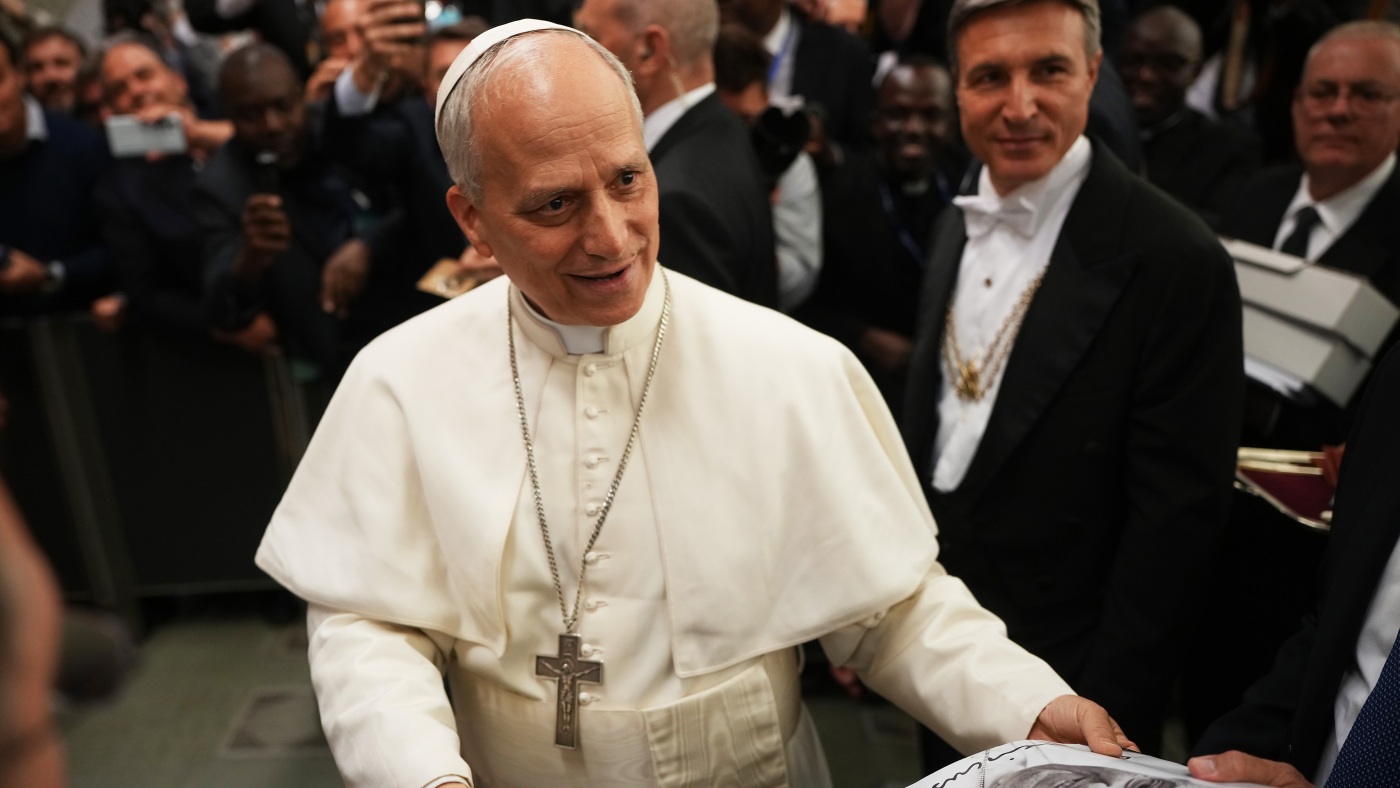Pope Leo XIV’s Call to Journalists: A Beacon for Peace in a Fractured World
In an era where information spreads faster than ever, yet divisions deepen with alarming persistence, Pope Leo XIV’s recent address to journalists at the Vatican stands as a timely and profound appeal. His message—urging the media to wield communication as a tool for peace—resonates far beyond the walls of the Holy See. It is a call to action for journalists, technologists, and society at large, emphasizing the transformative power of words in healing rather than harming.
The Weight of Words in a World on Edge
The Pope’s plea arrives against a backdrop of global turmoil. From the destruction of UNESCO World Heritage Sites in Lebanon and Syria to the relentless conflicts in Ukraine and Gaza, the world is witnessing a crisis not just of violence but of narratives. In this landscape, journalists are not mere observers; they are architects of public understanding.
Pope Leo XIV’s words echo a fundamental truth: language can either bridge divides or deepen them. When journalists prioritize empathy and truth over sensationalism, they foster dialogue instead of discord. His message is a reminder that every headline, every report, and every interview carries the potential to either inflame tensions or pave the way for reconciliation.
Disarming the “War of Words”
One of the most striking elements of the Pope’s address is his call for a “disarmament of words.” In an age where media often amplifies polarization, his appeal challenges journalists to reject inflammatory rhetoric and instead embrace a more compassionate approach.
The media’s influence on public perception is undeniable. When journalism leans into partisan narratives or reduces complex issues to simplistic binaries, it fuels societal fractures. The Pope’s vision is one where journalists prioritize listening—especially to marginalized voices—and where reporting is driven by a commitment to understanding rather than confrontation.
Artificial Intelligence: A Double-Edged Sword
The Pope’s inclusion of artificial intelligence in his discourse adds a critical dimension to the conversation. AI is reshaping communication at an unprecedented pace, offering both opportunities and risks. On one hand, it can enhance the reach and efficiency of truthful reporting. On the other, it can amplify misinformation, deepen echo chambers, and even automate divisive narratives.
Pope Leo XIV’s emphasis on “responsibility and discernment” in AI usage underscores the need for ethical frameworks. Journalists and technologists alike must ensure that AI serves as a force for unity rather than division. This means developing safeguards against algorithmic bias, promoting transparency in AI-generated content, and prioritizing human oversight in news dissemination.
The Imperative of Free Speech and Press Freedom
A cornerstone of the Pope’s message is his advocacy for imprisoned journalists and his unwavering support for free speech. In many parts of the world, journalists face persecution, imprisonment, and even death for uncovering uncomfortable truths. By standing with them, Pope Leo XIV reinforces a vital principle: a free press is not just a pillar of democracy but a guardian of justice.
His stance is particularly poignant at a time when press freedoms are under threat in numerous countries. Without journalists who can operate without fear, societies risk descending into misinformation and unchecked power. The Pope’s call is a reminder that defending press freedom is not just a political issue—it is a moral imperative.
A Roadmap for the 2025 World Day of Social Communication
The Pope’s reference to Pope Francis’ message for the 2025 World Day of Social Communication suggests a forward-looking vision for journalism. While specifics of the message were not detailed, its themes likely revolve around dialogue, truth, and peace—values that must underpin global media ethics.
This alignment signals a collective effort within the Church to guide media toward a higher standard. It invites journalists to reflect on their role not just as reporters but as facilitators of global understanding. In a world where misinformation can spread like wildfire, a commitment to ethical communication is more urgent than ever.
Unity and Peace: The Heart of the Message
Throughout his address, Pope Leo XIV returned to the themes of unity and peace. These are not abstract ideals but practical necessities in a fractured world. When journalists highlight shared humanity over divisions, when they amplify stories of reconciliation alongside those of conflict, they contribute to a culture where peace is possible.
The Pope’s vision is one where media does not merely reflect the world as it is but helps shape the world as it could be. This requires courage—to resist the lure of sensationalism, to challenge power with truth, and to prioritize the common good over commercial or political interests.
Conclusion: A Call to Transform Communication
Pope Leo XIV’s address is more than a speech; it is a moral compass for journalism in turbulent times. His words remind us that communication is not neutral—it is a force that can either build or destroy.
For journalists, the challenge is clear: to disarm words, to seek truth with humility, and to use their platforms as instruments of peace. For society, the takeaway is equally vital—to demand and support media that prioritizes integrity over outrage.
In a world where conflicts are often fueled by narratives, the Pope’s message is a beacon of hope. It calls on all of us—writers, readers, and citizens—to recognize the power we hold in every word we speak, share, or amplify. By heeding this call, we take one step closer to a world where communication does not divide but unites, where words do not wound but heal.
The path to peace begins not with weapons but with wisdom—one story, one headline, one truthful word at a time.











